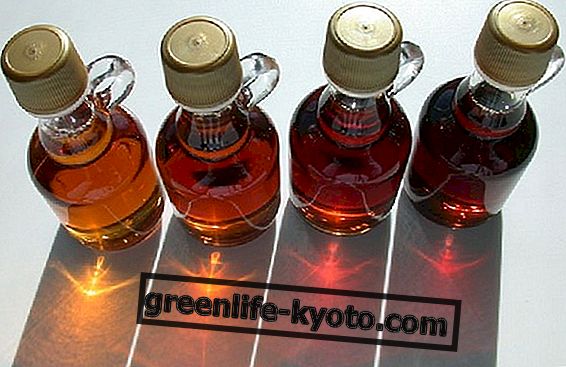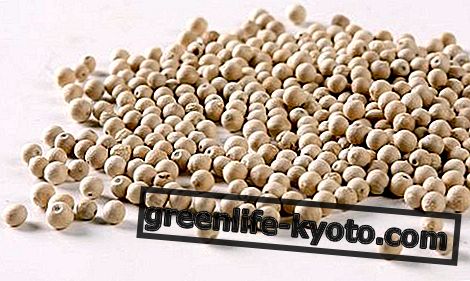Ginseng ( Panax ginseng ) is a plant belonging to the Araliaceae family. The term Panax comes from the Greek, from the composition of the word pan "tutto" and akèia "cura", the term ginseng, instead, comes from the Chinese rènshēn, meaning "plant of Man", because the shape of its root recalls the body of a man.
Ginseng is known for its adaptogenic and antistress action, but it is also used for its hypoglycemic properties in the treatment of diabetes mellitus. Let's find out more about the characteristics and side effects of ginseng .

Ginseng: characteristics and properties
Ginseng is a perennial plant with palmate and finely toothed stem and leaves. It has a fusiform and fleshy rhizome of the human form. The inflorescence is simple or branched and the flowers have green-yellow corollas. Finally, the fruit is a drupe the size of a pea, purple, glossy and smooth.
The properties of ginseng depend largely on vitamins, essential oil and polysaccharides present in the roots. These also contain triterpene saponins, called ginsenosides and considered the main active ingredients.
Ginseng is able to strengthen the immune, endocrine and nervous systems, thus improving the body's physical and mental capacity and promoting the ability to adapt to stress.
There are also numerous studies that highlight the hypoglycemic property of ginseng, useful for reducing the blood glucose concentration in the case of diabetes mellitus.
Ginseng is also a stimulant, because it acts on all systems, improving reflexes, accelerating the nervous response, reducing mental fatigue and strengthening physical and memory resistance, making it suitable for those who study or have an intense sporting activity.
Finally, ginseng is also considered an aphrodisiac food because it stimulates male sexual desire and function.
Side effects of Ginseng
Although it is generally well tolerated, prolonged or excessive use of ginseng can lead to several side effects.
Between these:
- insomnia,
- nervousness and agitation,
- headache,
- loss of concentration,
- diarrhea and vomiting,
- asthma,
- palpitations.
The intake of ginseng is also contraindicated in cases of hypertension, tachycardia, palpitations, insomnia, anxiety and tremors, and, due to its estrogenic effects, is highly discouraged during pregnancy and lactation.
Finally, interactions with anticoagulant drugs and phenelzine (a principle found in some psychotropic drugs) have been reported, with hypoglycemic drugs and insulin: consequently we do not recommend taking Ginseng in these cases. In any case, it is always advised to take it with caution and to consult a specialist before taking it.
You might also be interested:
> Anti-age ginseng, here are the recipes
> The effects of ginseng on the body
> But how many ginseng are there?













